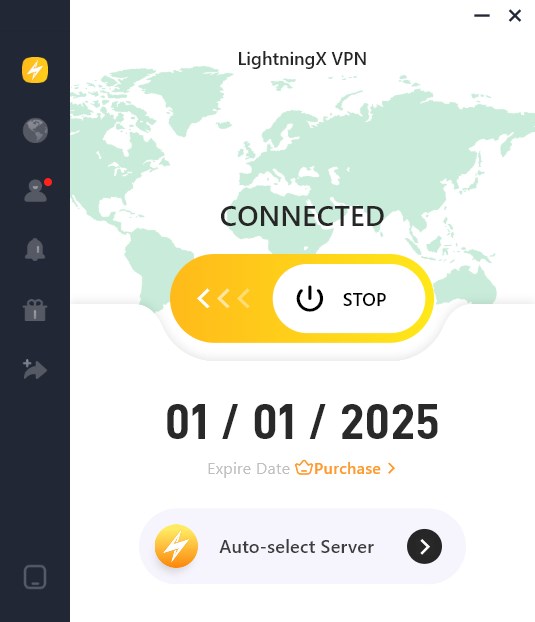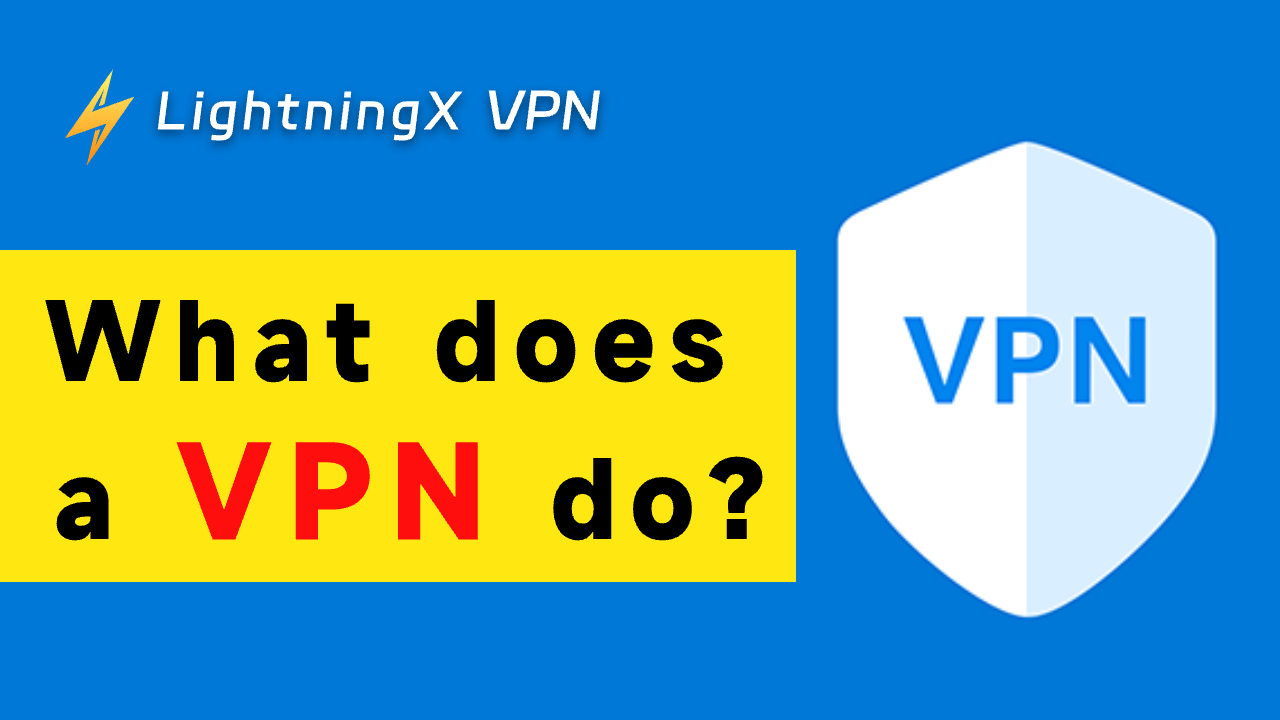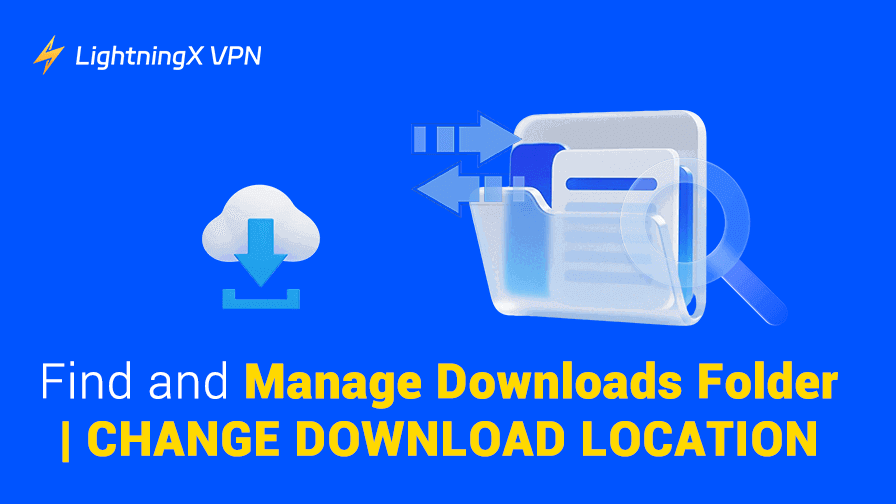In an age where digital privacy is increasingly under threat, the role of a Virtual Private Network (VPN) has become more crucial than ever. Whether you’re a casual internet user or someone who frequently deals with sensitive information, understanding what a VPN does can significantly enhance your online security and privacy. This comprehensive guide explores the functions, benefits, and underlying mechanisms of VPNs.
Introduction to VPN
A VPN, or Virtual Private Network, is a service that creates a secure and encrypted connection between your device and the internet. This virtual “tunnel” ensures that all data transmitted between your device and the VPN server is protected from prying eyes. But beyond this basic definition, VPNs offer a myriad of functionalities that cater to different user needs, from privacy protection to bypassing geographical restrictions.
Key Functions of VPN and Benefits of Using a VPN
Privacy Protection
One of the primary functions of a VPN is to protect your privacy online. When you connect to the internet, your Internet Service Provider (ISP) assigns your device an IP address, which can be used to track your online activities. A VPN masks your real IP address with one from its server, making it difficult for websites, advertisers, and even your ISP to track your online behavior. This is particularly important in an era where data has become a valuable commodity, and numerous entities are eager to monitor and monetize your browsing habits.
Enhanced Security
Security is another critical function of VPNs. Public Wi-Fi networks, such as those found in cafes, airports, and hotels, are notorious for their lack of security. Cybercriminals often exploit these networks to intercept data transmissions, leading to potential data breaches. A VPN encrypts your internet traffic, making it virtually impossible for hackers to decipher any intercepted data. This encryption ensures that sensitive information, such as login credentials, credit card numbers, and personal communications, remains secure.
Bypassing Geo-Restrictions
Geo-restrictions are limitations placed on internet content based on the user’s geographical location. This can be frustrating for users who want to access content that is unavailable in their region, such as streaming services, websites, or online services. VPNs allow you to bypass these restrictions by connecting to servers in different countries. For example, if you’re in Europe and want to access content only available in the United States, you can connect to a US-based VPN server and appear as if you are browsing from the US. This function is particularly popular among streaming enthusiasts who wish to access a broader range of shows and movies.
Avoiding Censorship
In some countries, the government imposes strict censorship on internet usage, blocking access to certain websites and services. This can include social media platforms, news websites, and communication tools. VPNs help users circumvent these censorship measures by routing their traffic through servers in regions with more liberal internet policies. By doing so, users can access restricted content freely and communicate without fear of government surveillance.
Choosing the Right VPN
With numerous VPN providers available, choosing the right one can be daunting. Here are some factors to consider:
Security Features
Ensure that the VPN uses advanced encryption standards and offers features such as a kill switch, DNS leak protection, and a no-logs policy.
Related: 5 Best No-Log VPNs: The Most Private VPN Service
Server Locations
A wide range of server locations allows you to access content from different regions. Choose a VPN with servers in the locations you are interested in.
Speed and Performance
VPNs can sometimes slow down your internet connection. Look for a provider known for its fast and reliable service.
Ease of Use
The VPN client should be user-friendly and compatible with multiple devices and operating systems.
Customer Support
Reliable customer support can be crucial, especially if you encounter issues with the VPN service.
Related: Can You Be Tracked When Using a VPN? Find Out!
Best VPN for Windows, Mac, iPhone, Android, TV
LightningX VPN is a cross-platform VPN tool that is compatible with Windows, Mac, Android, iPhone/iPad, and TV.
- LightningX VPN offers 2000+ servers in 50+ countries, aiming to cover nodes worldwide.
- With this VPN, you can unblock access to various websites and platforms, including YouTube, Facebook, Twitter, Instagram, TikTok, ChatGPT, Netflix, Disney+, HBO, and more.
- It can hide your IP address and let you use a virtual IP address on your device.
- It uses high-end encryption technologies to encrypt your online data to protect your privacy and security.
- You can use one LightningX VPN account on up to three devices.
- Extremely fast, stable, and connect with one click.
- Download and install LightningX VPN on your computer or mobile device.
- Select your preferred plan and subscribe.
- Open LightningX VPN and log in to your VPN account.
- Click “Start” to connect to a server.
- Start browsing worldwide content.

Conclusion
A VPN is an indispensable tool for anyone looking to enhance their online privacy, security, and freedom. By understanding what a VPN does, you can make informed decisions about using this technology to protect your digital life. Whether you’re browsing the web, accessing restricted content, or ensuring secure communications, a VPN provides a robust solution to many of the challenges faced in today’s interconnected world.


















